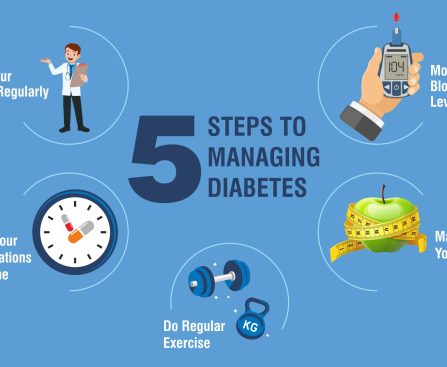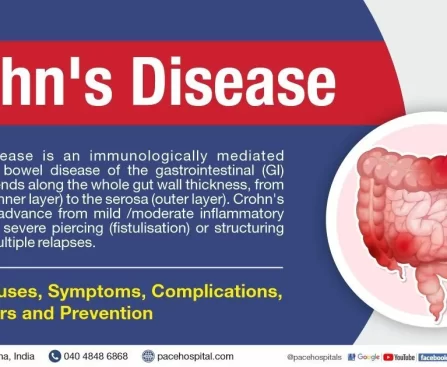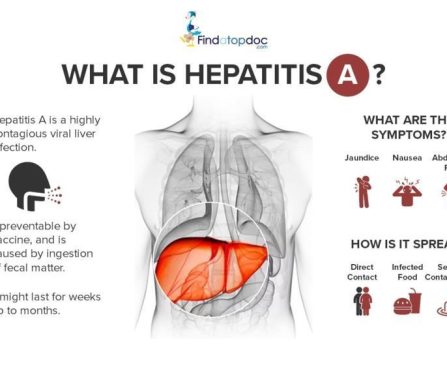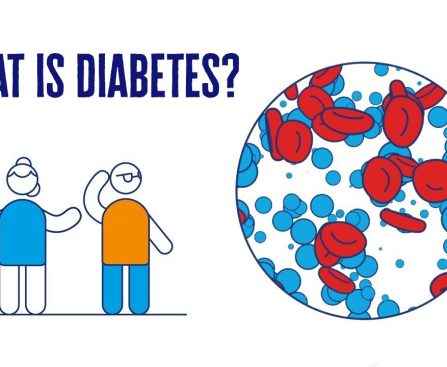Kiwis, often called Chinese gooseberries, are small, oval-shaped fruits with a fuzzy brown skin and a vibrant green interior. Despite their diminutive size, kiwis are packed with essential nutrients and offer a range of health benefits. Nutritional Value of Kiwis Kiwis are a good source of: Health Benefits of Kiwis How to Incorporate Kiwis into […]
Pomegranates, with their vibrant red color and unique seed-filled structure, have been prized for centuries for their beauty, symbolism, and health benefits. These jewel-toned fruits are packed with antioxidants, vitamins, and minerals, making them a nutritional powerhouse. Nutritional Benefits of Pomegranates Pomegranates are rich in various nutrients, including: Health Benefits of Pomegranates How to Incorporate […]
Berries are small, fleshy fruits that come in a variety of colors, flavors, and nutritional benefits. They are packed with vitamins, minerals, antioxidants, and fiber, making them a healthy and delicious addition to any diet. Types of Berries There are countless varieties of berries, each with its own unique characteristics and health benefits. Some of […]
On this page: Diabetes can affect almost every part of your body, including your heart, eyes, kidneys, and nerves. Diabetes is also linked to some types of cancer. You may be able to prevent or delay diabetes health problems by leading a healthy lifestyle, taking your medicines, and managing your blood glucose level, also called blood sugar level. […]
What is diarrhea? Diarrhea is loose, watery stools three or more times a day. Diarrhea may be acute, persistent, or chronic: How common is diarrhea? Diarrhea is a common problem. Acute diarrhea is more common than persistent or chronic diarrhea. Researchers estimate that about 179 million cases of acute diarrhea occur in the United States each year.1 What are […]
In this section: What is Crohn’s disease? Crohn’s disease is a chronic disease that causes inflammation and irritation in your digestive tract. Most commonly, Crohn’s affects your small intestine and the beginning of your large intestine. However, the disease can affect any part of your digestive tract, from your mouth to your anus. Learn more about your digestive system and how it works. Crohn’s disease […]
In this section: What is hepatitis B? Hepatitis B is a viral infection that causes liver inflammation and damage. Inflammation is swelling that occurs when tissues of the body become injured or infected. Inflammation can damage organs. Viruses NIH external link invade normal cells in your body. Many viruses cause infections that can spread from person to person. The […]
In this section: What is hepatitis A? Hepatitis A is a viral infection that causes liver inflammation and damage. Inflammation is swelling that occurs when tissues of the body become injured or infected. Inflammation can damage organs. Viruses NIH external link invade normal cells in your body. Many viruses cause infections that can be spread from person to person. […]
Diabetes is a disease that occurs when your blood glucose, also called blood sugar, is too high. Glucose is your body’s main source of energy. Your body can make glucose, but glucose also comes from the food you eat. Insulin is a hormone made by the pancreas that helps glucose get into your cells to be used for energy. If […]
In this section: If your kidney function drops below 15 percent of normal, you are said to have kidney failure. You may have symptoms from the buildup of waste products and extra water in your body. To replace your lost kidney function, you may have one of three treatment options: End-stage renal disease (ESRD) is […]









